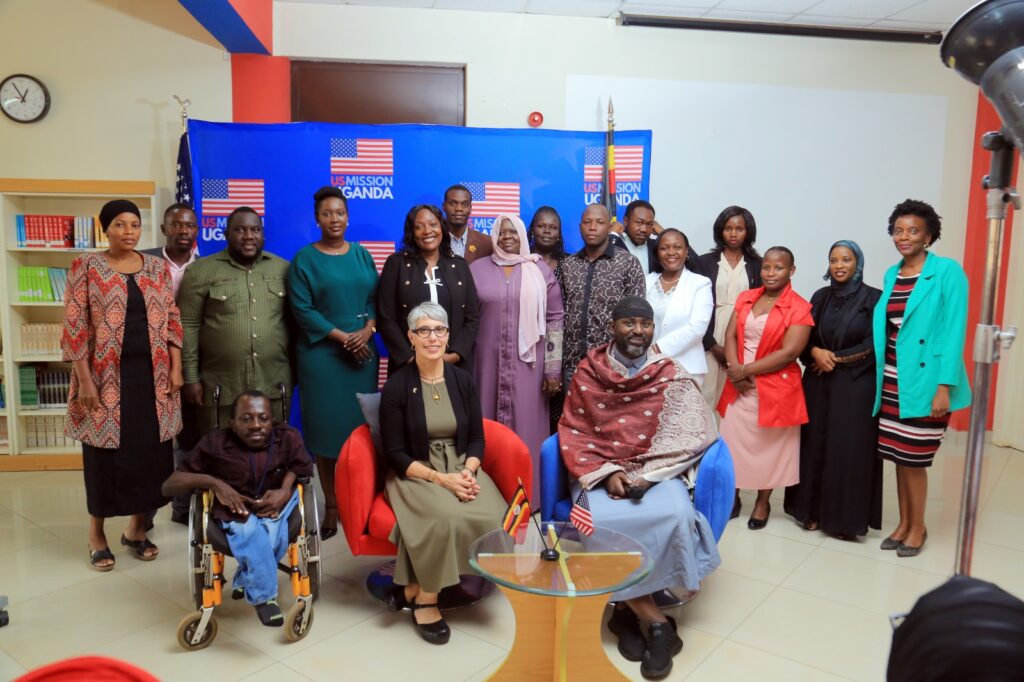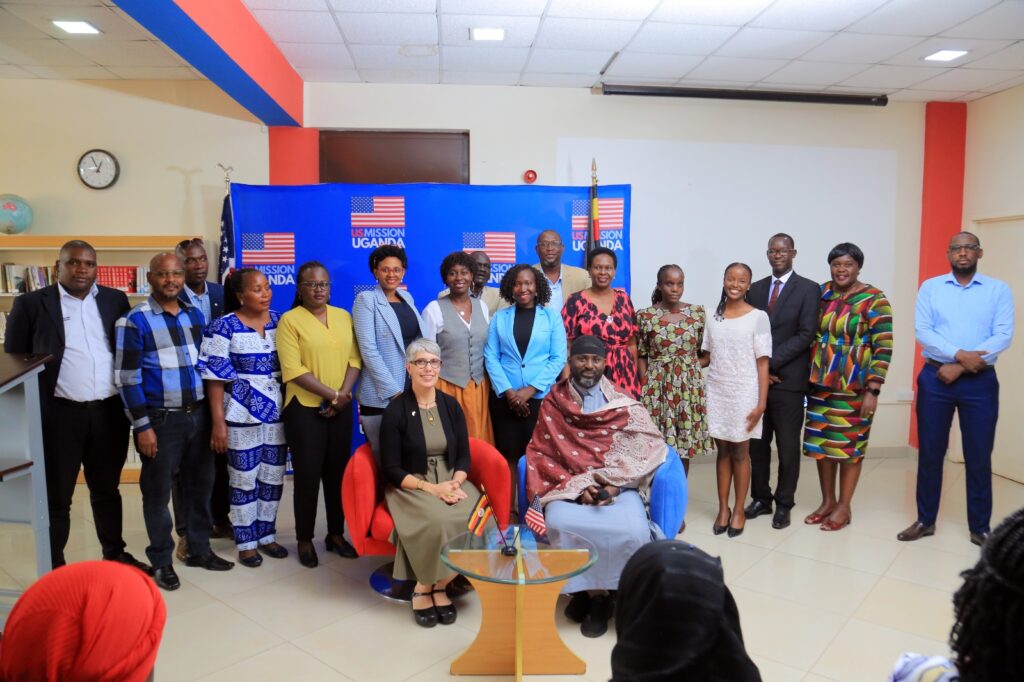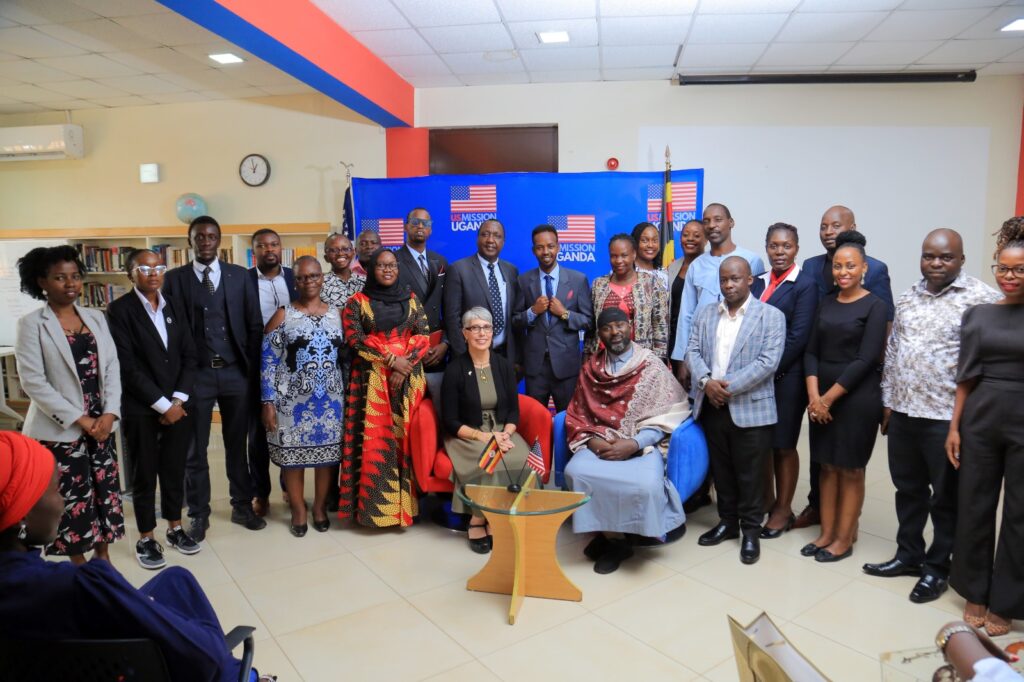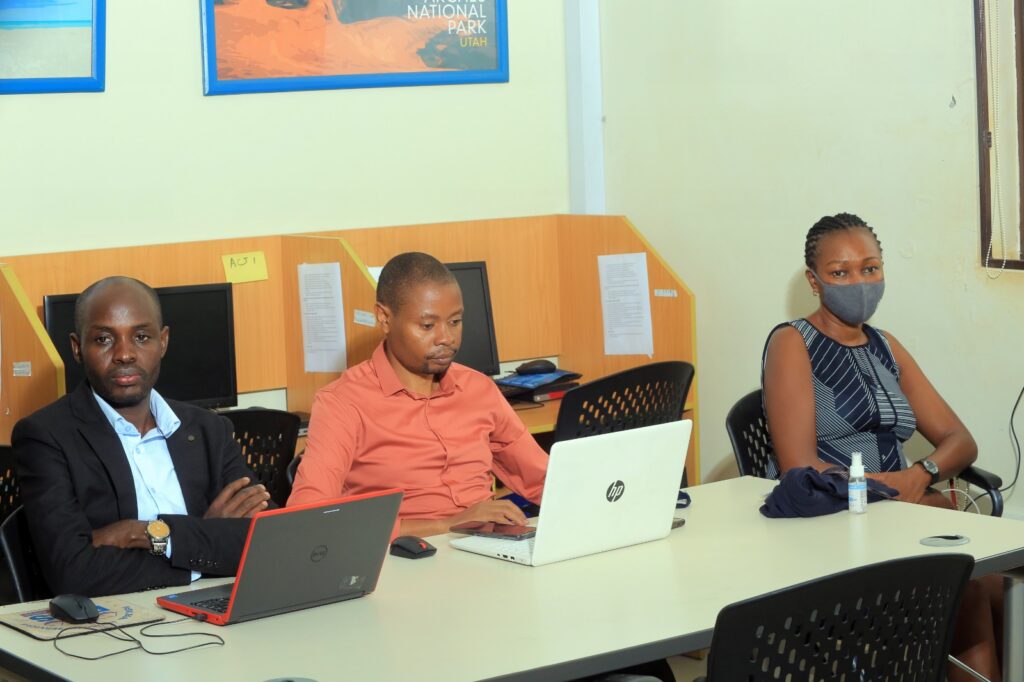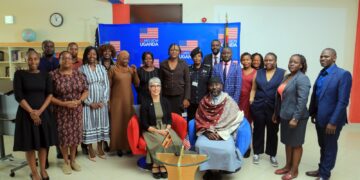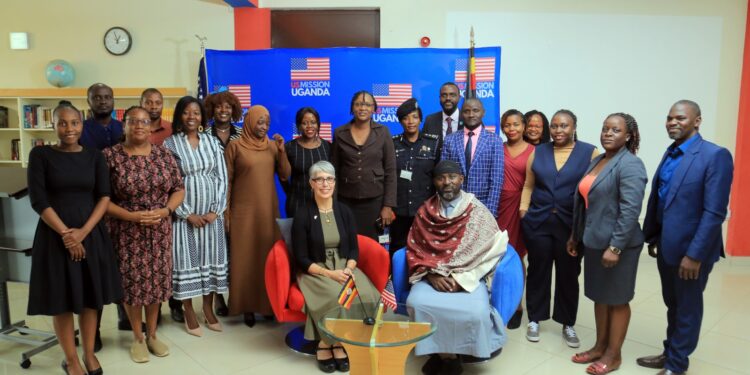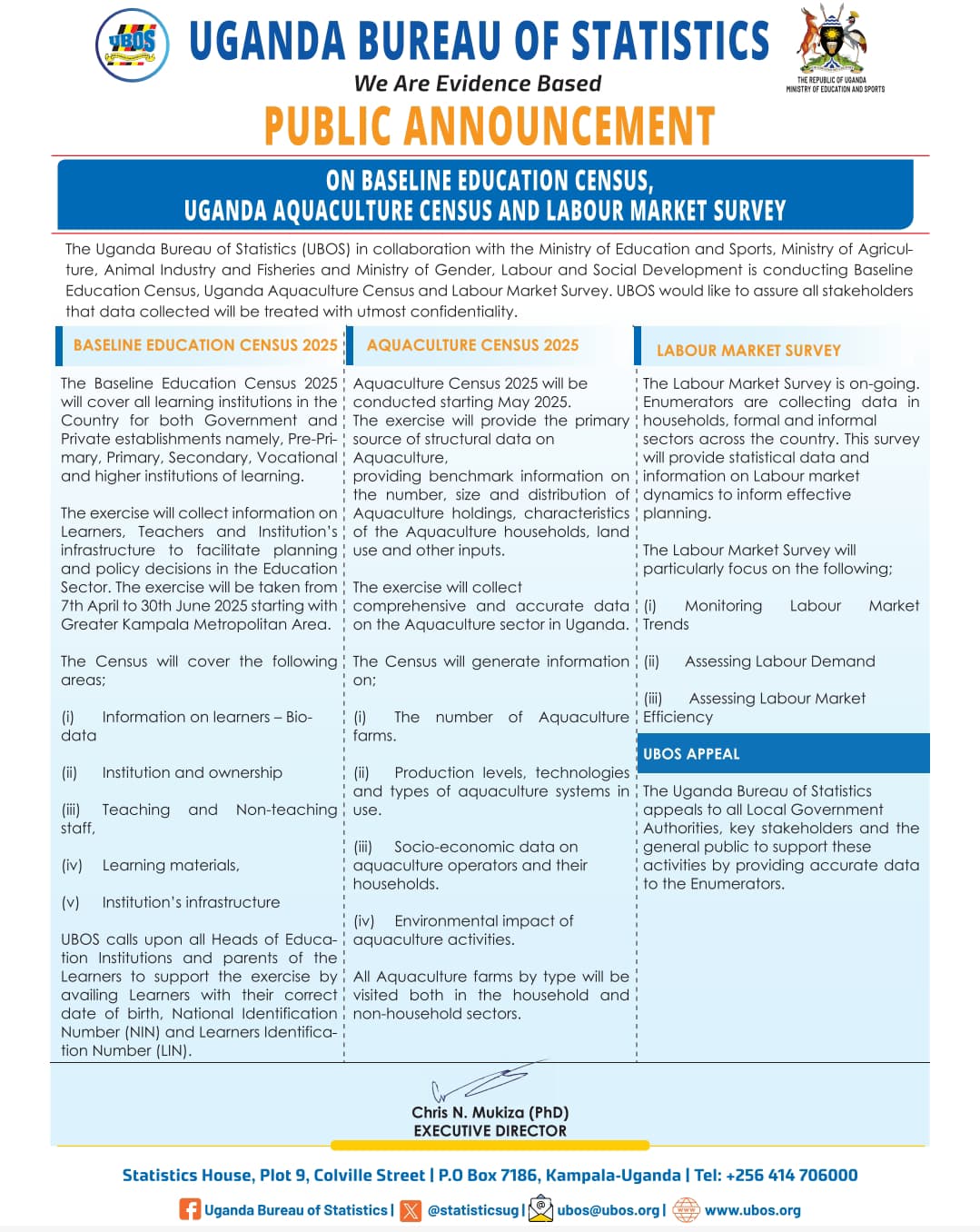At a lively ceremony held at the American Centre in Kampala, 118 dedicated participants graduated from the prestigious Foreign Policy Executive Programme (FPEP), an intensive leadership course designed to sharpen Uganda’s future diplomats, policymakers, journalists, and civil society leaders.
Among them is SoftPower News Editor, Rogers Atukunda, who graduated with honours after an intense 4-week course.
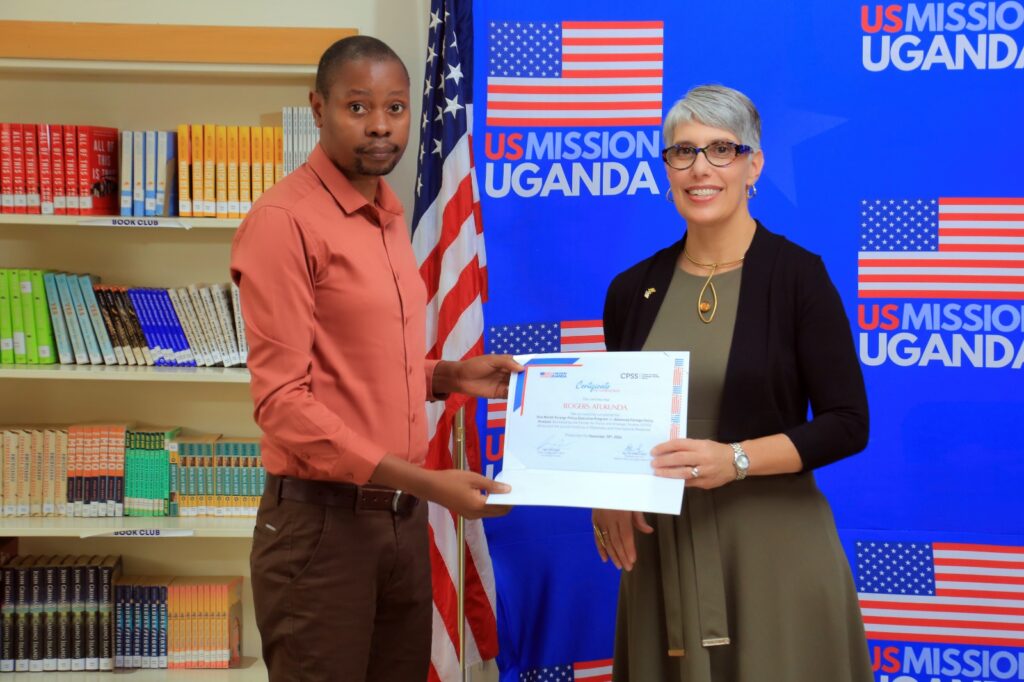
The Wednesday, April 30, 2025, Certificate Awarding Ceremony kicked off with a dynamic Foreign Policy Knowledge Café, where panellists debated the “Relevance of Rules-Based Multipolar World.”
Moderator Professor Ahmed Hadji, who also serves as Academic Director of the programme, guided discussions that tackled global governance, US President Donald Trump’s 100 days in office, shifting international relations, and cooperation in a rapidly evolving world.
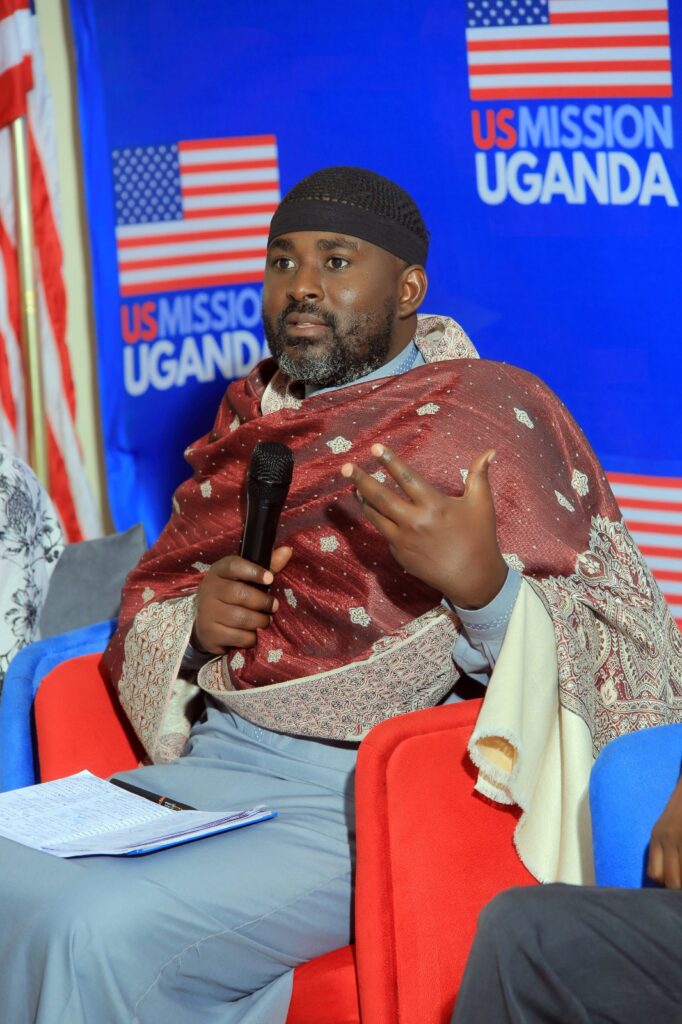
Hadji, an Adjunct Senior Fellow and founder of the Centre for Policy and Strategic Studies (CPSS), is also the President and Provost of the Lincoln Institute of Diplomacy and International Relations (LIDI) in Uganda, affiliated with the University of Delaware, USA. He designs and leads accredited training for diplomats, military personnel, and multilateral staff on national security, foreign policy, International Migration, counter-terrorism, and engagement with non-state actors.
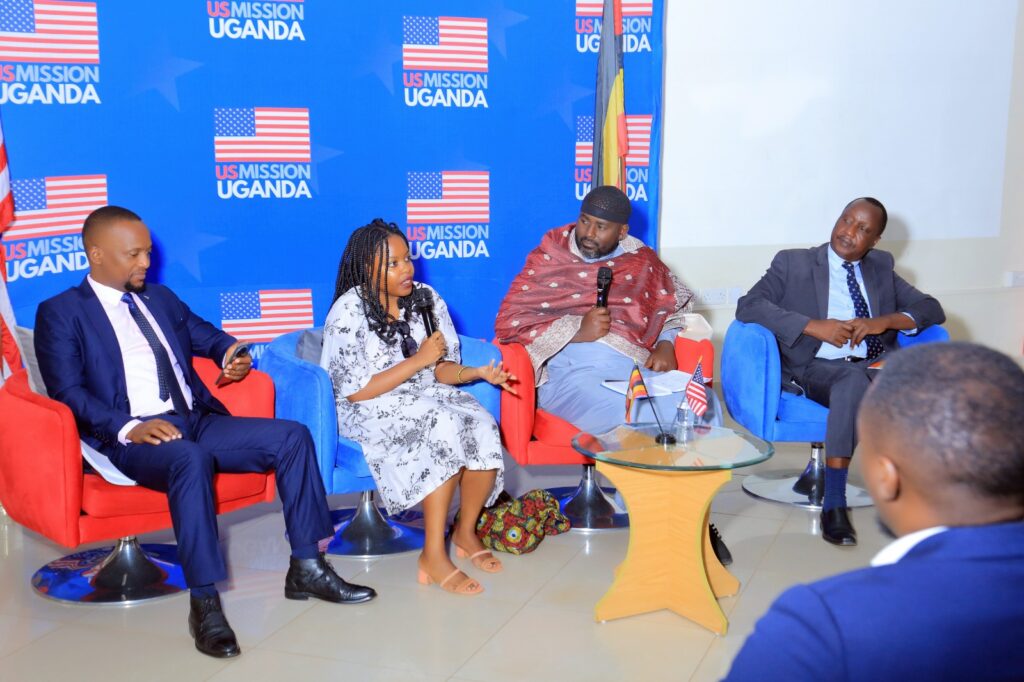
In his keynote speech, Hadji emphasised the program’s importance: “This Foreign Policy Executive Programme is among the fastest-growing executive programmes in East Africa. We’ve graduated over 250 leaders from different sectors — from government officials to media practitioners to NGO leaders.”
Hadji detailed how the curriculum was compressed from a full master’s degree into an intense four-week course. He stressed the programme’s unique approach to leadership, stating: “We are creating co-creators — people who critically reflect, resolve problems and shape the world to be better for all of us,” he said, highlighting the program’s emphasis on strategic thinking, AI, cyber security, and diplomacy.
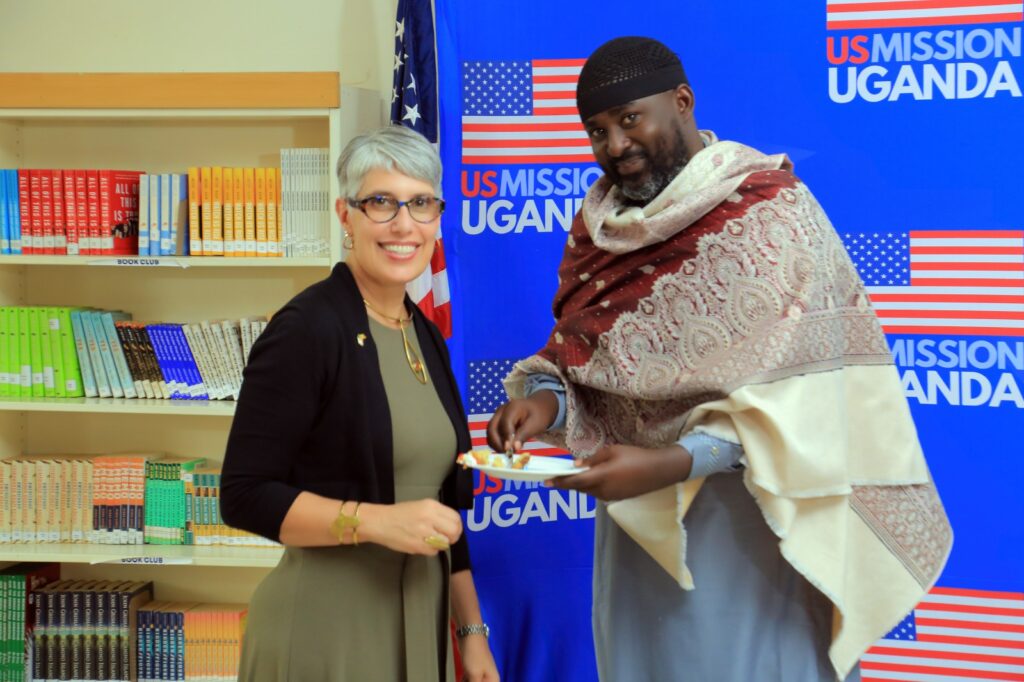
Statistics shared by Hadji showed that over 900 applications had been received to date, yet only a select group made it through. Over 40% of the participants were from government institutions, another 30% from civil society, and 20% from the private sector. “It is a growing recognition that programmes like these are necessary for the future positioning of our country,” Hadji noted.
The chief guest, Ellen Masi, Head of Public Diplomacy at the U.S. Embassy Kampala, applauded the graduates for their dedication.
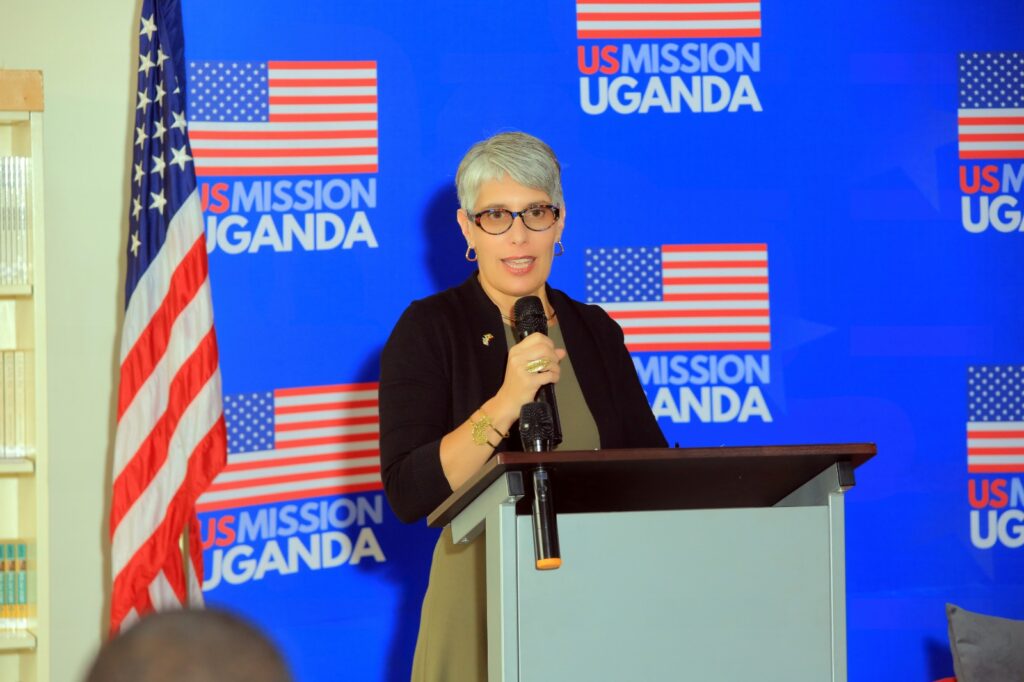
“Programmes like this cost over $7,000 per person elsewhere,” she remarked. “But thanks to our partnership, we can offer this high-calibre experience here. Never doubt that a small group of thoughtful, committed citizens can change the world — indeed, it’s the only thing that ever has.”
Reflecting on her own career, Masi shared how challenging it is to balance diplomacy, family, and rapid global shifts: “Our world today requires reading more, fact-checking more, and understanding more. It’s about strengthening ties, building trust, and promoting cooperation. That’s the spirit you are taking forward,” she said.
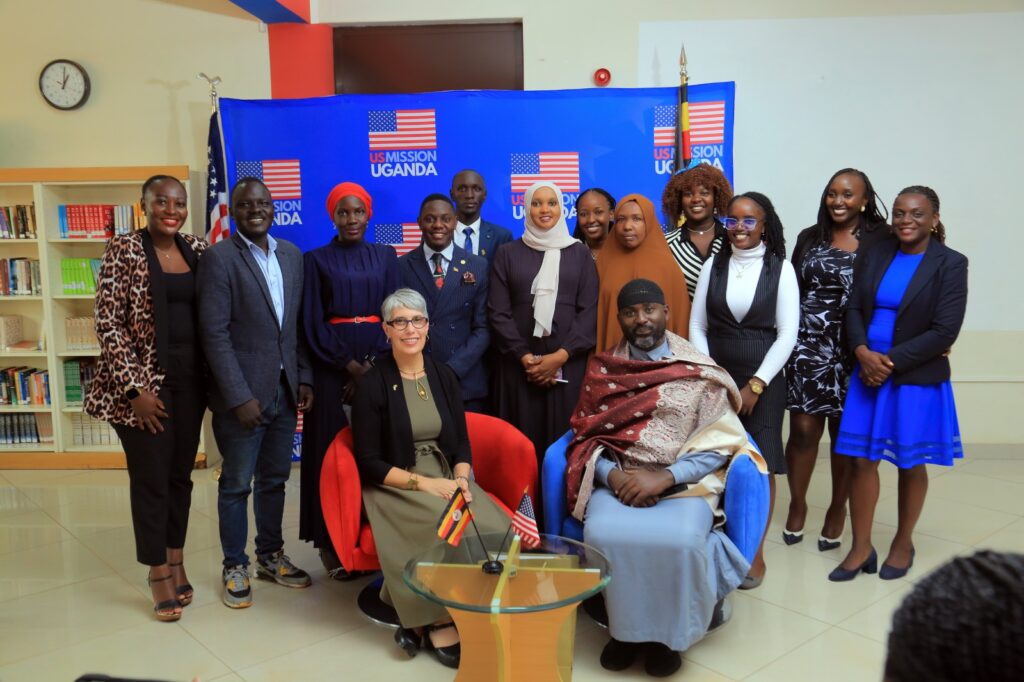
Ellen Masi emphasised the critical role of individuals in shaping global change, drawing on her career experiences across different continents and the evolving challenges of diplomacy in a connected world. “Being well informed with balanced information is essential for making sound decisions — and that often means we have to read more than we feel like we have time for.”
“Congratulations to the graduates of the Foreign Policy Executive Programme at American Centre Kampala! 118 dedicated participants from government to academia to media to civil society and more grappled with big foreign policy questions, sourced credible information, and honed skills to navigate global diplomacy and better understand Uganda’s role in the world. Along with their talented leader, Professor Ahmed Hadji, we are building stronger U.S.-Uganda relations,” said the U.S. Mission Uganda on its X platform.
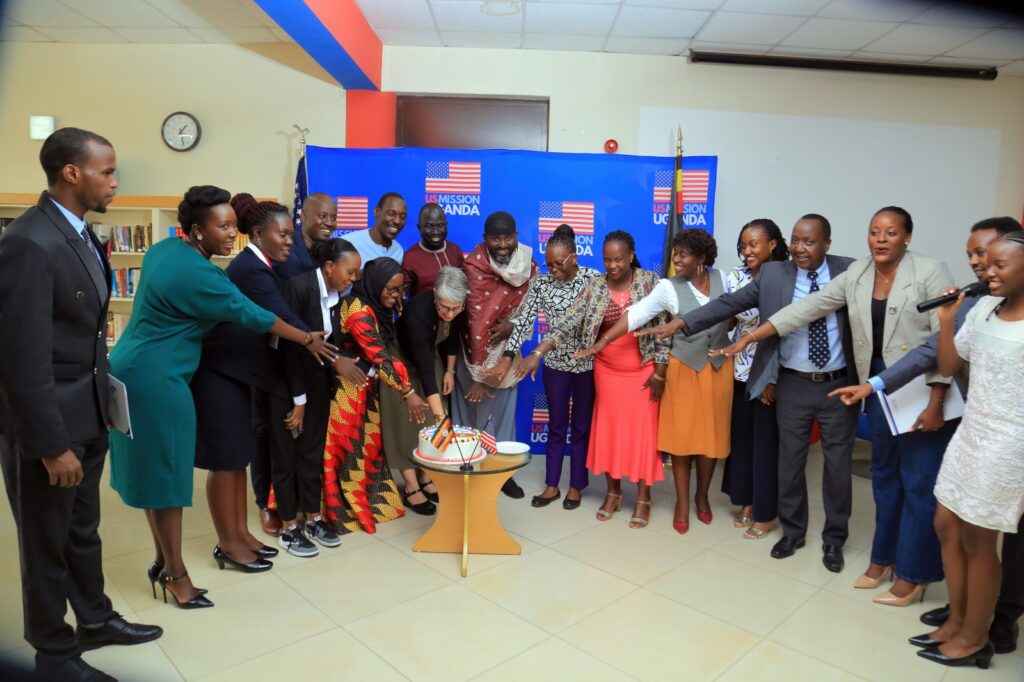
Several graduates shared emotional reflections during the ceremony. Rachel Nduhukire, speaking for Cohort 5, described the programme as transformative:
“This journey wasn’t easy. We sacrificed weekends, juggled busy careers, and tackled complex international theories. But we have come out more courageous and determined to change the world,” she said.
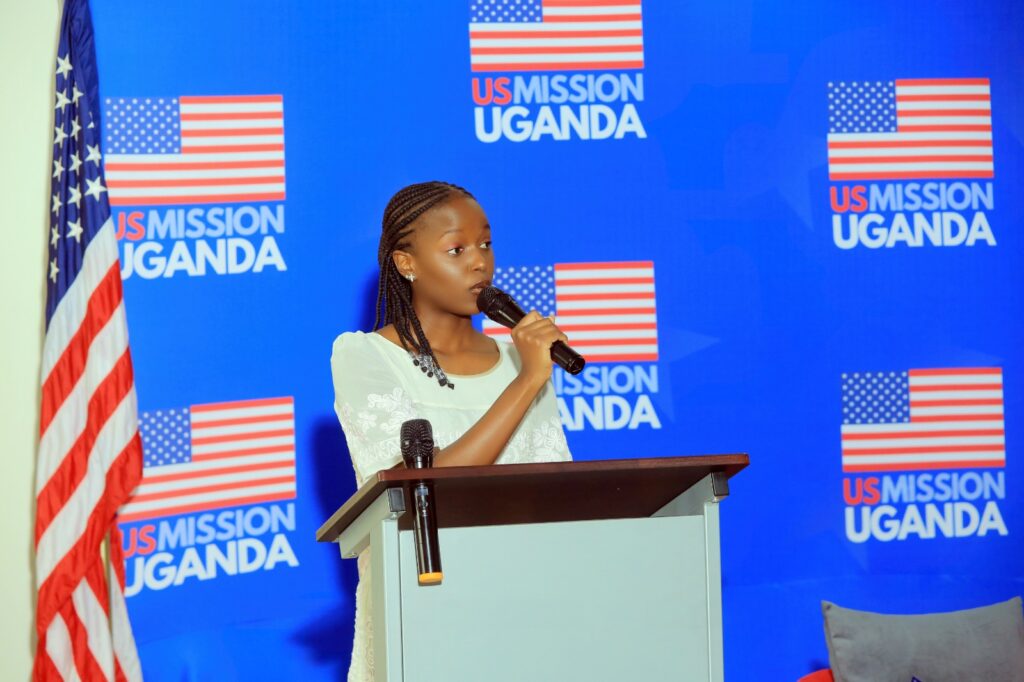
Representing Cohort 4, Shamim Nabakooza recalled the pressure of deadlines and the depth of learning: “This programme deepened our understanding of global power dynamics and diplomacy. It challenged us to think beyond national interests, to find common ground across governments, civil society, and media.”
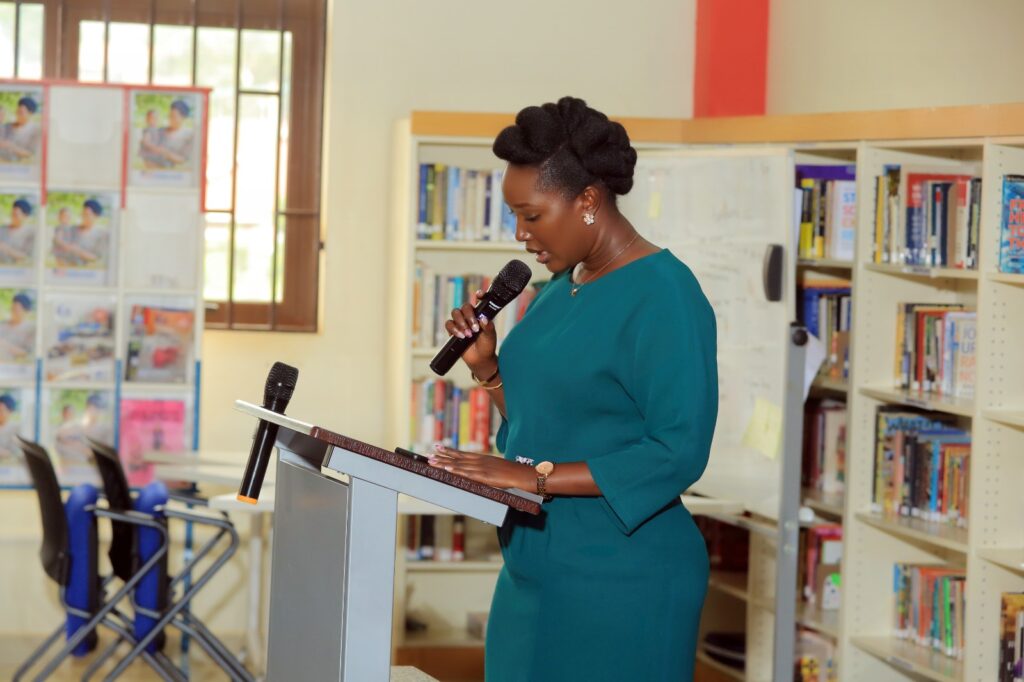
Jonah Wamanyi, from cohort 6, used a powerful metaphor to describe the experience: “Understanding global politics is like solving a Rubik’s Cube — complex, colourful, and confusing. But this programme gave us a vision to piece it together,” he said to warm applause.
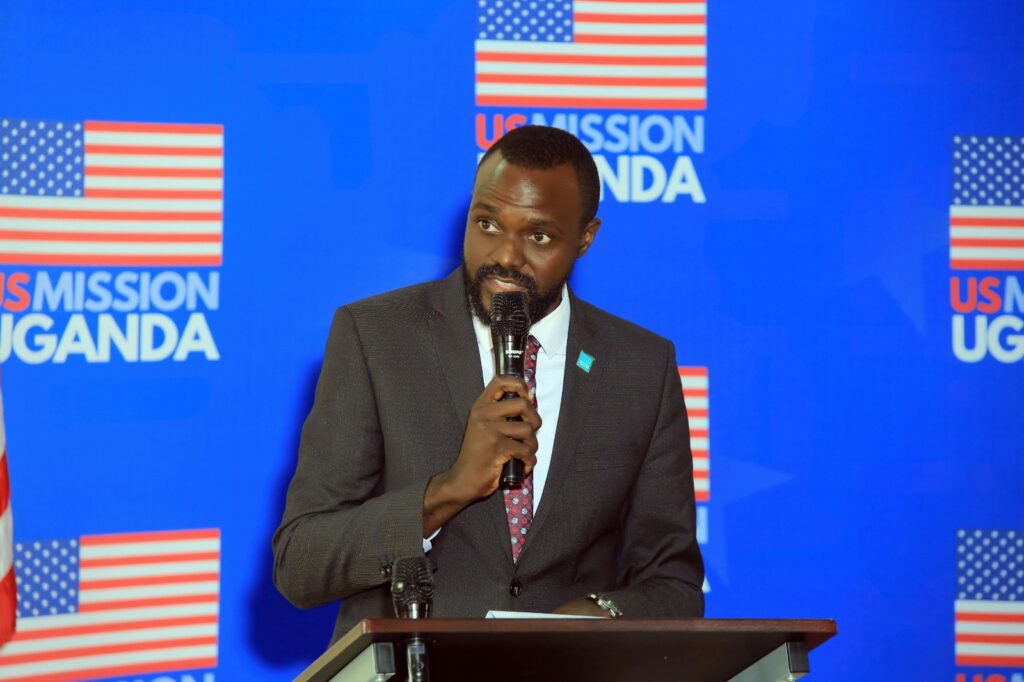
Francis Ekii, Director of American Spaces at the US Embassy in Uganda, noted the increasing interest from Ugandan institutions in foreign policy education, citing that several ministries and security forces had sent their officers for training.
“There’s a growing hunger for informed engagement in international affairs. Programs like FPEP prepare Uganda’s next generation to be credible voices on global platforms,” he said.
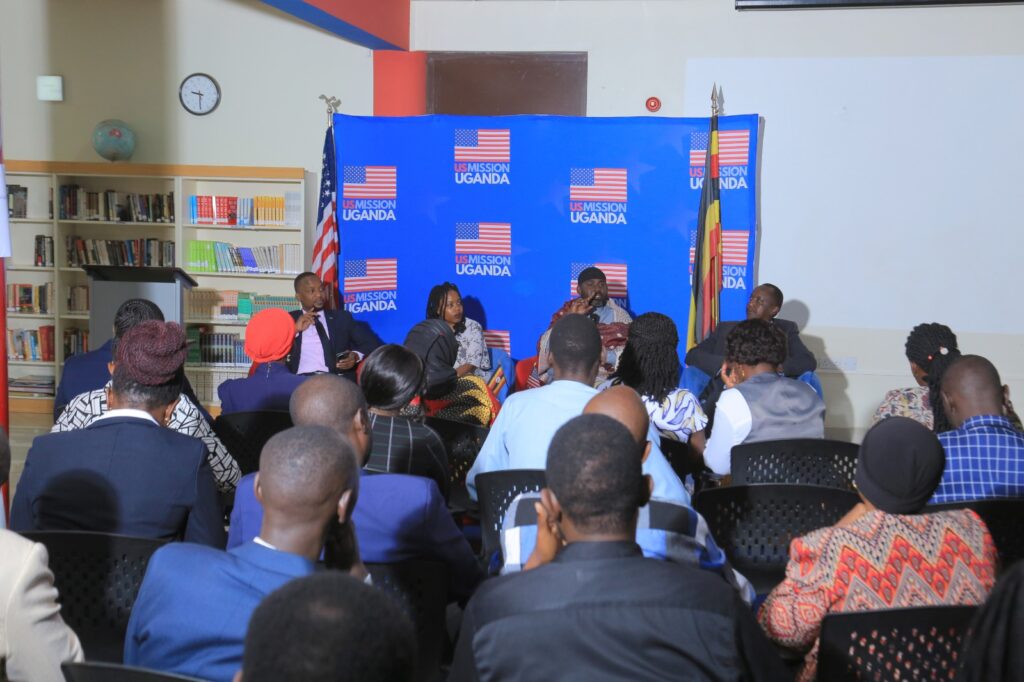
Certificates were then awarded to the proud graduates, with smiles, hugs, and selfies filling the hall. Many of the graduates pledged to apply their new skills in fields such as journalism, security policy, public health, and diplomacy.
The American Centre and the U.S. Embassy committed to continuing their support for future cohorts, with Hadji announcing that a new intake would start on May 9, attracting over 200 new applicants.
